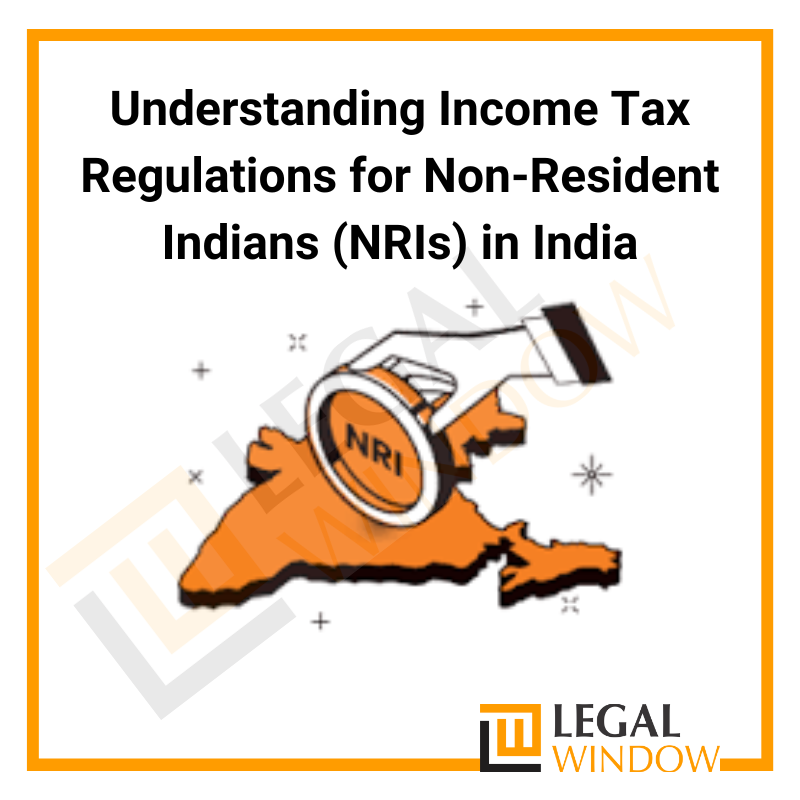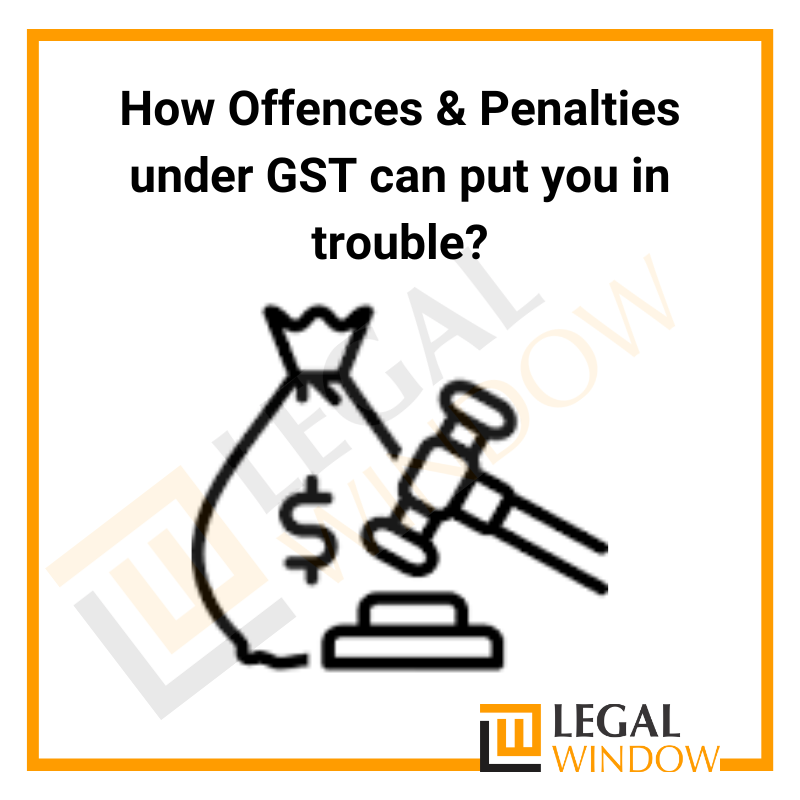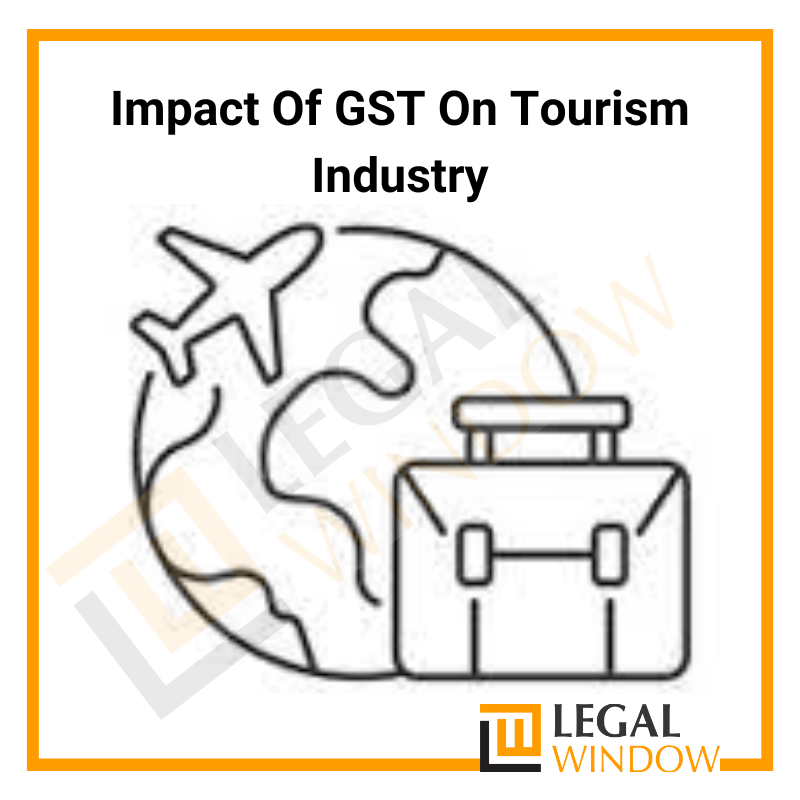Latest Post and Updates

Changing the name of a company is a common phenomenon in the world of business. A company may decide to change its name for many reasons likewise a change in ownership, rebranding, or to better reflect its goods/ services. However, the process of changing company’s name includes certain legal…
The Auditor’s appointment is a vital procedure for a company as it makes sure about the transparency and accuracy of the company’s financial statements. An auditor is an independent professional who is appointed to measure the company’s financial statements. An auditor is a one who express an opinion on whether…
The Issue of Sweat Equity Shares is a common practice among companies that want to incentivize their employees and retain key talent. Sweat equity shares refer to shares issued by a company to its employees at a discounted price or for consideration other than cash. The Companies Act, 2013 regulates…
GDR (Global Depository Receipts) has become a popular way for companies to raise capital and increase their visibility in international markets. GDRs allow companies to raise funds in a foreign currency without having to comply with the regulatory requirements of that country. In this article, we'll take a closer look…
Goods and Services Tax (GST) is a destination-based tax system that replaced various indirect taxes in India. Under the GST regime, every registered person is required to file regular returns and comply with the tax provisions. However, in case of death or dissolution of the registered person, certain liabilities arise…
Non-Banking Financial Companies (NBFCs) are regulated by the Reserve Bank of India (RBI) and are required to comply with various directions, regulations, and guidelines issued by the RBI to ensure the stability and soundness of their operations. Some of the significant compliances mentioned by the RBI for NBFCs are going…
Company incorporation in Punjab refers to the process of legally establishing a business entity in the state of Punjab in India. Punjab is one of the most industrialized states in India, with a strong economy and a favourable business climate. The state has taken several initiatives to promote entrepreneurship and…
Income tax is a fundamental component of any country's revenue system. India is no exception to this rule. Income Tax Regulations for NRIs is a complex topic as it involves several considerations such as their residential status, the source of income, and the Double Taxation Avoidance Agreement (DTAA) between India…
Offences and Penalties under GST are the legal consequences that businesses may face for non-compliance with Goods and Services Tax (GST) laws. GST is a tax i.e. levied on the supply of goods and services in India. It is governed by the Central Goods and Services Tax Act, 2017 (CGST…
The Goods and Services Tax (GST) is a comprehensive indirect tax that has had a significant impact on various sectors in India, including the tourism industry. Implemented on July 1, 2017, the GST has replaced several indirect taxes and has led to both positive and negative impacts on the tourism…
Categories
- Agreement Drafting (23)
- Annual Compliance (13)
- Change in Business (37)
- Company Law (150)
- Compliance (90)
- Digital Banking (3)
- Drug License (4)
- FEMA (17)
- Finance Company (42)
- Foreign Taxation (9)
- FSSAI License/Registration (15)
- GST (124)
- Hallmark Registration (1)
- Income Tax (214)
- Latest News (36)
- Miscellaneous (170)
- NBFC Registration (8)
- NGO (18)
- SEBI Registration (6)
- Section 8 Company (10)
- Start and manage a business (27)
- Startup/ Registration (134)
- Trademark Registration/IPR (48)










